
Ukrainian bakery chain Lviv Croissants is entering the Norwegian market, according to the chain’s Instagram page.
It is specified that the first outlet will open in Oslo (Arbeidersamfunnets Plass, 1) on November 16, 2025.
According to the company’s website, the brand entered the European market in September 2022.
Currently, the chain has 178 outlets throughout Ukraine, 11 in Poland, and one each in Slovakia and the Czech Republic. In April 2025, the Lviv Croissants chain opened its first establishment in South Korea. Korean franchisees invested about $250,000 in the bakery, and the total investment in the opening was about $500,000.
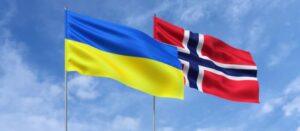
Norway plans to allocate NOK 2 billion in 2026 to finance a new package of military equipment from the US for Ukraine as part of the PURL initiative, according to the Norwegian government’s press service.
“Ukraine depends on continued military and civilian support in its struggle to defend itself against Russia. It is of great importance that several countries are coming together to provide funding to help meet Ukraine’s military needs. Norway is now joining forces with a number of other European countries to finance a military support package that will provide high-priority defense equipment for Ukraine. We are committed to providing NOK 2 billion for the package, which is being coordinated by NATO,” said Prime Minister Jonas Gahr Støre.
The contact group meeting will take place ahead of the NATO defense ministers’ meeting on October 15. Several European countries are expected to coordinate their planned contributions to Ukraine, including support provided under the new Ukraine Requirements List (PURL) initiative. Norway has also contributed 1.5 billion Norwegian kroner to finance the previous support package under the PURL initiative.
“It is important that European countries stand together and continue to provide support so that together we can finance the delivery of military equipment needed by Ukraine, such as drones, artillery, and advanced air defense systems. Under the PURL mechanism, the US provides NATO with lists of available weapons and military equipment. Allies, including Norway, then contribute to financing the purchase of this equipment for Ukraine,” said Defense Minister Tor Sandvik.
NATO coordinates shipments to ensure that weapons arrive in Ukraine as quickly as possible. For security reasons, the specific contents of each package are not disclosed.
“Norway has now contributed to the financing of two such support packages, and the government will work to ensure that as many allied countries as possible participate in this important initiative to support Ukraine. The equipment arrives quickly and helps
Ukrainians defend the front line and protect critical infrastructure more effectively. Supporting Ukraine’s fight for freedom is not only important for Ukraine’s defense; it is also crucial for the defense of Norwegian and European security,” Sandvik emphasized.
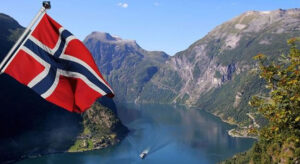
Most Ukrainians express a positive attitude toward Norway. This is evidenced by the results of a sociological survey conducted by Active Group in cooperation with the Experts Club think tank.
According to the survey, 77.7% of Ukrainians have a positive attitude towards Norway (38.7% — completely positive, 39.0% — mostly positive). Only 1.3% of respondents expressed a negative attitude (1.0% — completely negative, 0.3% — mostly negative). A neutral position towards Norway was expressed by 20.0% of respondents, while another 1.0% admitted that they were not familiar with this country.
“The high level of sympathy for Norway is explained not only by Ukraine’s traditional support in the context of the war, but also by the country’s stable image with high social standards, a developed economy, and one of the highest standards of living in the world,” emphasized Active Group CEO Oleksandr Pozniy.
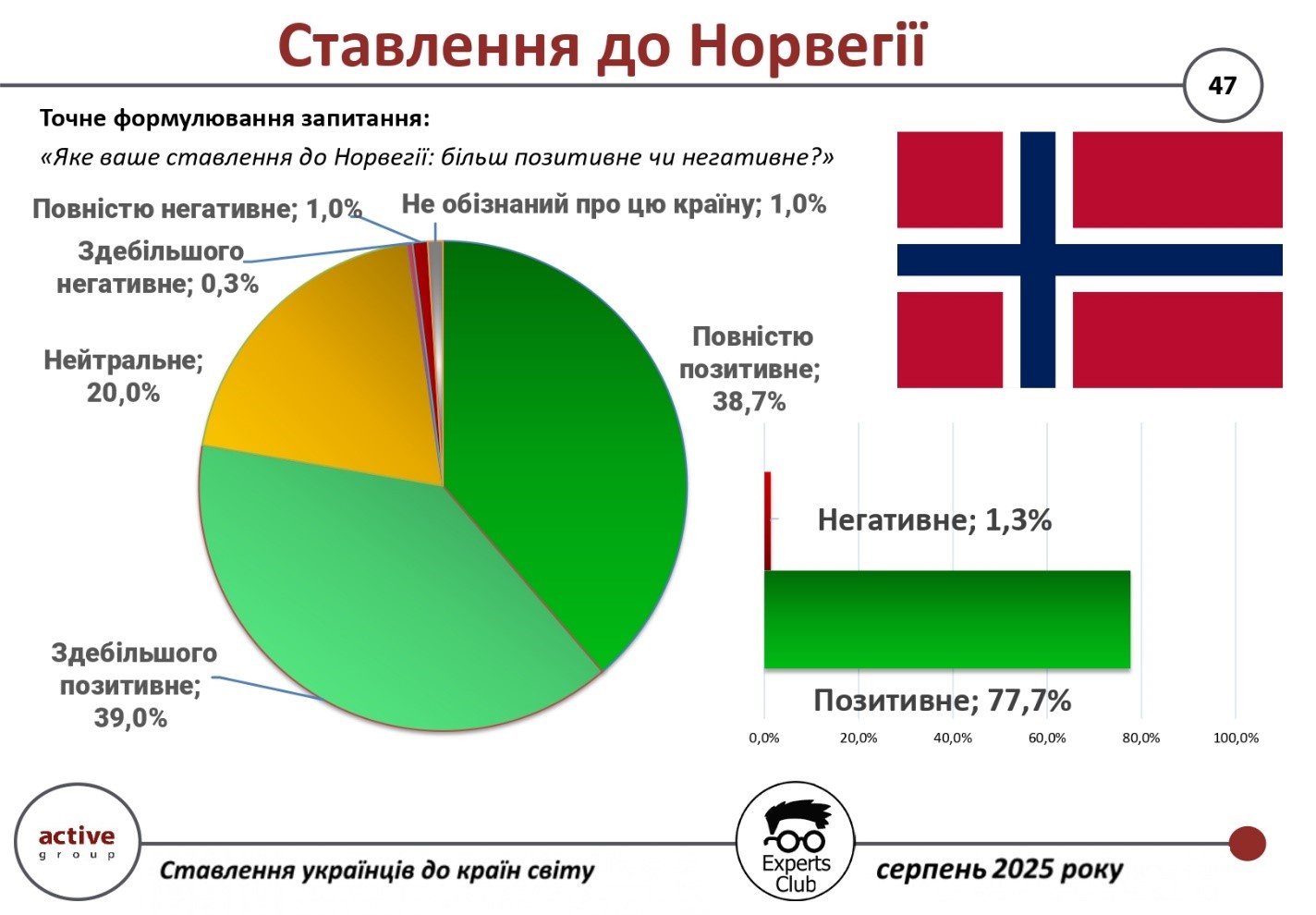
Experts Club co-founder Maksim Urakin emphasized the importance of economic cooperation between the two countries.
“Despite a significant trade imbalance, Ukraine actively cooperates with Norway. In the first six months of 2025, trade turnover amounted to $231.9 million. At the same time, Ukrainian exports amounted to only $16.5 million, while imports amounted to $215.4 million. The negative balance exceeded $198.9 million, but the presence of Norwegian energy and technology goods is of great importance to the Ukrainian economy.”
Thus, Ukrainian society highly values Norway’s role as a reliable partner, and trade dynamics confirm mutual interest in developing relations.
The full video can be viewed at: https://www.youtube.com/watch?v=YgC9TPnMoMI&t
You can subscribe to the Experts Club YouTube channel here: https://www.youtube.com/@ExpertsClub
ACTIVE GROUP, EXPERTS CLUB, NORWAY, Pozniy, SOCIOLOGY, TRADE, UKRAINE, УРАКИН
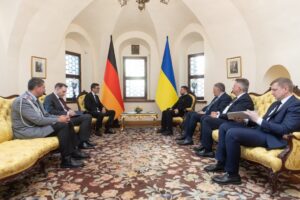
On Saturday, Ukrainian President Volodymyr Zelenskyy accepted the credentials of the newly appointed ambassadors of the Czech Republic, Norway, and Germany.
“I accepted the credentials and spoke with the newly appointed ambassadors of the Czech Republic, Norway, and Germany,” he wrote on Telegram.
The president also congratulated them on the start of their diplomatic missions and thanked them for their countries’ support of Ukraine.
They also discussed strengthening cooperation, particularly in the security and defense sector.
“Together, we are adding to the security and stability of the whole of Europe and moving towards a reliable and guaranteed peace in Ukraine,” Zelenskyy concluded.

Norway is allocating approximately NOK 7 billion (US$696.12 million) to finance air defense systems for Ukraine, according to a press release from the Norwegian government on Sunday.
“Together with Germany, we will ensure that Ukraine receives powerful air defense systems. Germany and Norway are working closely together to support Ukraine in defending the country and its civilian population against Russian air attacks,” Norwegian Prime Minister Jonas Gahr Støre said.
It is noted that Norway and Germany are financing two Patriot systems, including missiles. In addition, Norway is contributing to the purchase of air defense radars from German manufacturer Hensoldt and air defense systems from Kongsberg.
“Air defense is crucial for protecting military units and infrastructure. Together with Germany, we are now stepping up our efforts even further,” added Defense Minister Tore Rømmers.
Earlier this summer, German Chancellor Friedrich Merz and Støre agreed to transfer two Patriot systems to Ukraine, which are currently in Germany and will be delivered to Ukraine as soon as possible.
The US has confirmed that it will replace the transferred systems, and Norway has pledged to make a financial contribution to their replacement.
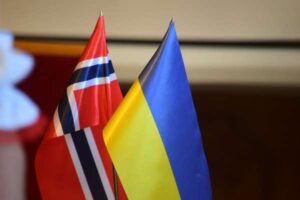
The Norwegian government has allocated 1 billion Norwegian kroner ($98.3 million) to Ukraine for the purchase of natural gas, according to Serhiy Koretsky, CEO of Naftogaz Ukraine.
“This is a clear response from our partners to Russian terror aimed at depriving Ukrainians of heat in winter,” he wrote on Facebook on Friday.
According to Koretsky, Naftogaz will use these funds to purchase gas to meet the needs of the heating season.
“The assistance received will be an important contribution to a stable winter in 2025-2026 and to strengthening the country’s energy security,” he stressed.
As reported with reference to Prime Minister Yulia Svyrydenko, on August 13, Naftogaz of Ukraine and the European Bank for Reconstruction and Development (EBRD) signed an agreement for a renewable loan of EUR500 million.
“This is the bank’s largest project in our country.
But most importantly, this is the first time such a loan has been provided under an EU guarantee, without a state guarantee from Ukraine,” she commented.
In addition, in April, it was reported that Naftogaz of Ukraine had been granted a EUR270 million loan from the EBRD under a state guarantee to create strategic gas reserves, which Norway supplemented with a EUR139 million grant.
According to the EBRD, the total amount of its financing to Naftogaz of Ukraine since the start of the full-scale war in 2022 has reached EUR1.6 billion.